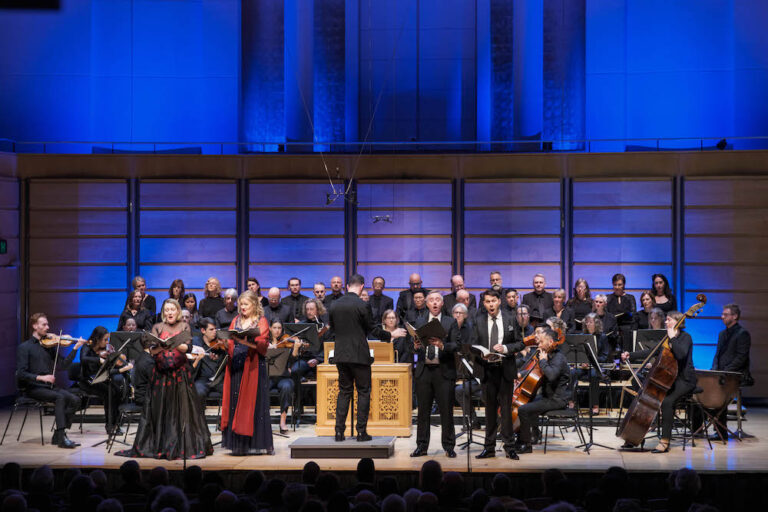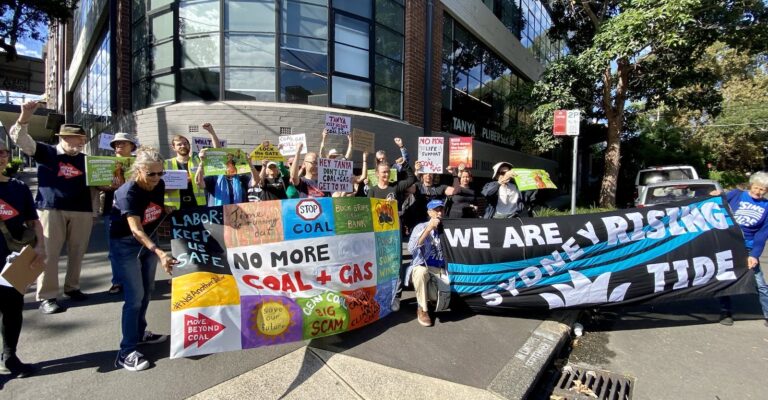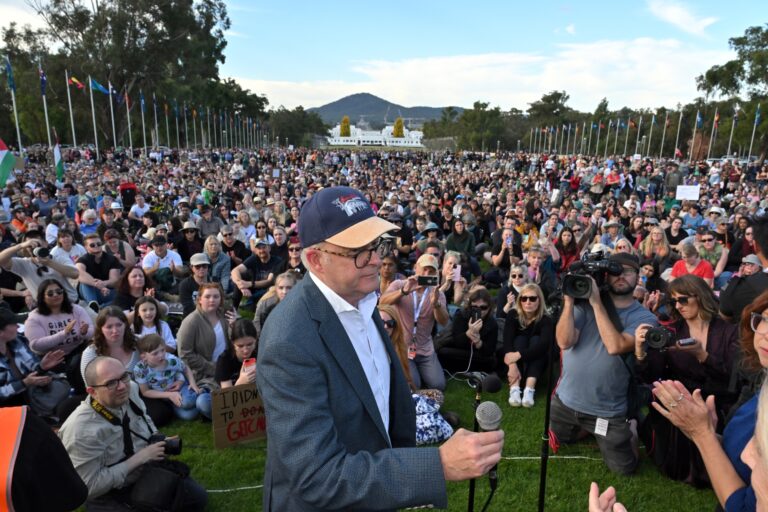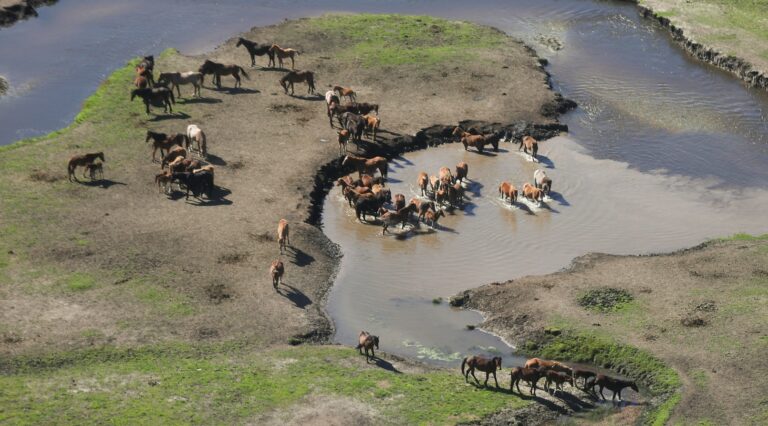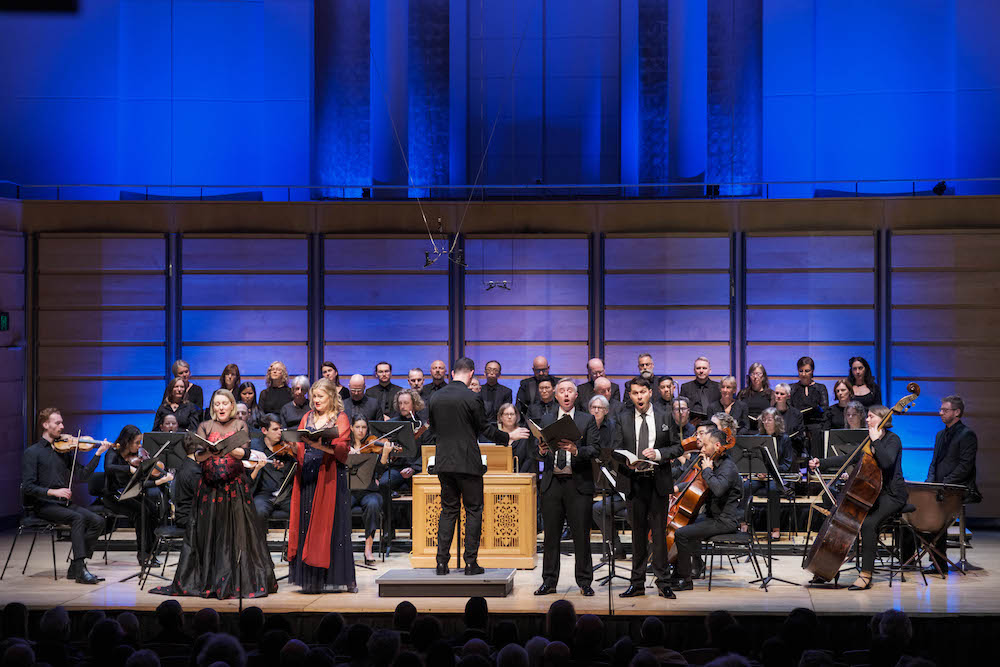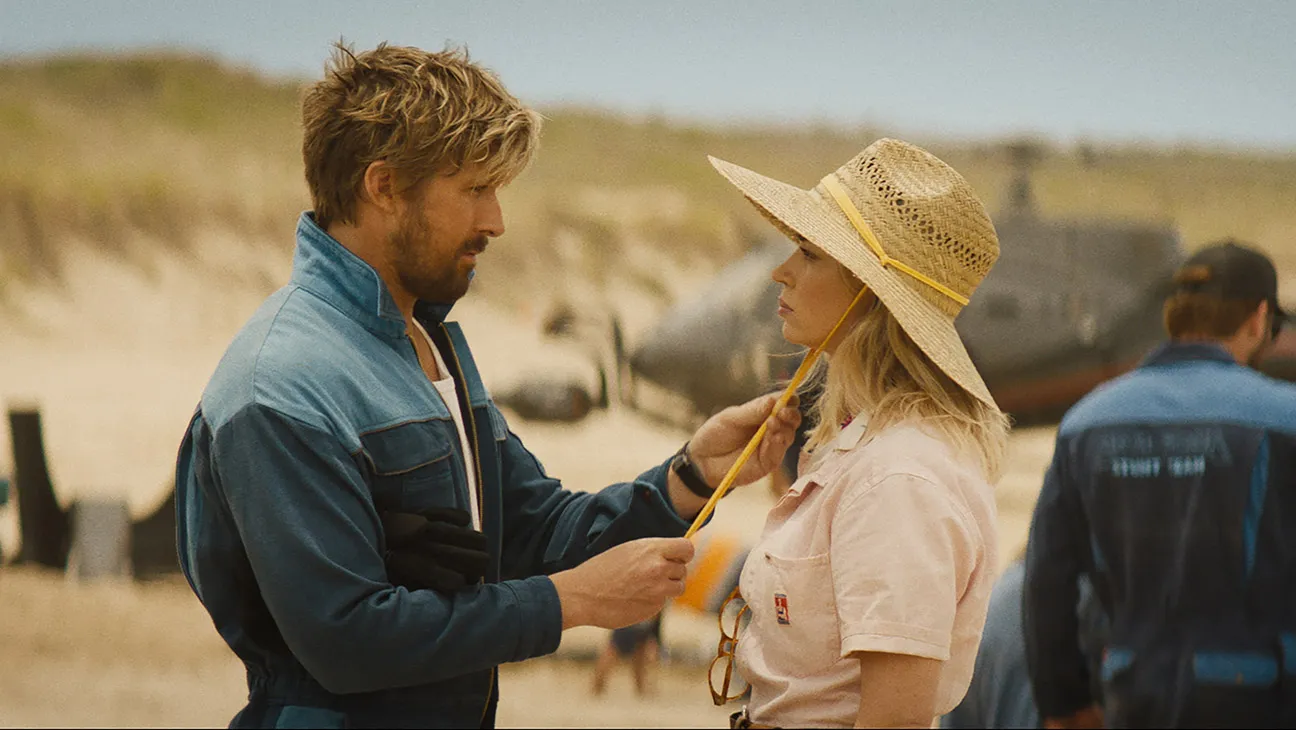
THE NAKED CITY: OUR FESTERING MUSIC FESTS

Music festivals have long been part of the Australian cultural landscape and are often considered a right of passage for many young people. They thrived from the 1960s onwards, becoming much anticipated annual events, until Covid arrived in 2020 as the ultimate killjoy. With a string of cancellations this year it appears that their long term future is in doubt, unless they adapt to changing times and a whole new world of public expectations.
When the pandemic hit along with the various lockdowns, many of the established music festivals like Bluesfest and Splendour In The Grass put on a brave front. They acknowledged that they were taking a huge financial hit but vowed they would return once a degree of normality had been restored. With generous government handouts of up to a million dollars or more, many of the leading music fests were back in action last year, albeit with scaled down lineups, an absence of big name overseas artists and significantly reduced crowds.
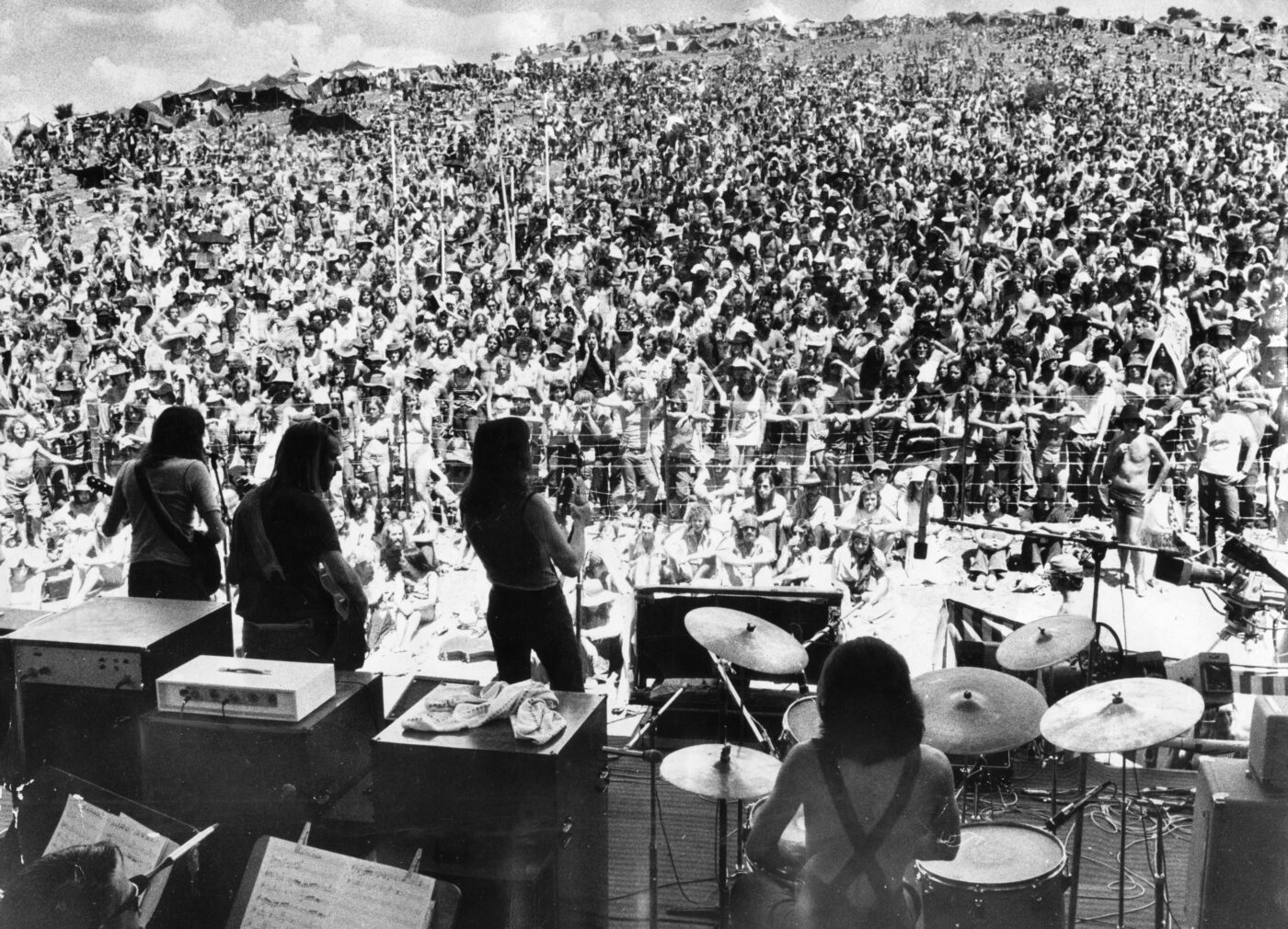
The recent cancellation of Splendour In The Grass, just seven days after tickets went on sale, came as a shock to many. The organisers were reluctant to reveal just what the reasons were, putting it down to ‘unexpected events’, but one can only guess it was financial. The axing came even after the NSW Government offered monetary support to keep the event alive. Splendour joined the Falls Festival and Groovin’ The Moo amongst a notable list of casualties for 2024, with those that did go ahead such as Bluesfest, reporting substantially reduced crowds.
It’s no secret that the broad Australian music industry is in a parlous shape, from the grassroots level of pubs and clubs right through to the major festivals. If you listen to prominent industry figures like Bluesfest’s Peter Noble, the state of the economy is largely to blame, in particular its inflationary impact. Noble recently told AAP that:
“The Reserve Bank has done their job,” and “”[It] has a policy of causing discretionary spending not to occur.”
He went on to say the cancellation of Splendour was a tragedy for the entire industry, ‘the canary in the coal mine’, and called for much greater government funding for these events.
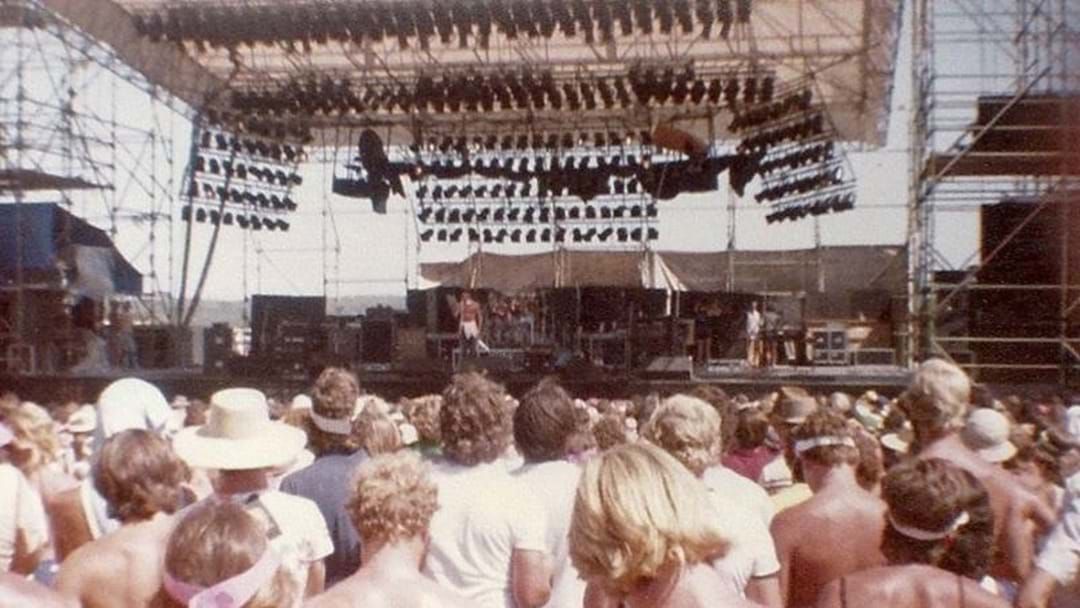
There’s no doubt that both the hip pocket nerve and rising production costs have severely impacted the viability of local music festivals but are there other reasons not so obvious? For starters could it be the popularity and attraction of the music itself? We saw with the recent Taylor Swift tour that money is hardly a consideration when it comes to hundreds of thousands of obsessive fans. This is obviously a one off phenomenon but does offer some evidence that if the product is that appealing punters will happily fork out.
In the ‘70s, ‘80s and ‘90s, the golden days of Australian rock and pop music, there was an abundance of new and exciting young bands, many of whom went on to international success. Nurtured in the then thriving pub and club scene, they graduated quickly to the larger festival stages and were enormous drawcards. They were also a strong reflection of the prevailing youth culture and a rebellion against many of the conservative traditions of the day.
Flash forward to 2024 and iconic bands such as Silverchair, You Am I, Powderfinger and the Beasts Of Bourbon (to name just a few), are just not emerging with the same impetus and excitement as was the case two to three decades ago. Rather than breaking new talent many festivals continue to rely on so called ‘heritage’ artists to headline their roster and ignite ticket sales. Witness Kylie Minogue, the middle aged disco diva who was the major attraction at the ill-fated Splendour and 83 year old Tom Jones who topped the bill at this year’s Bluesfest.
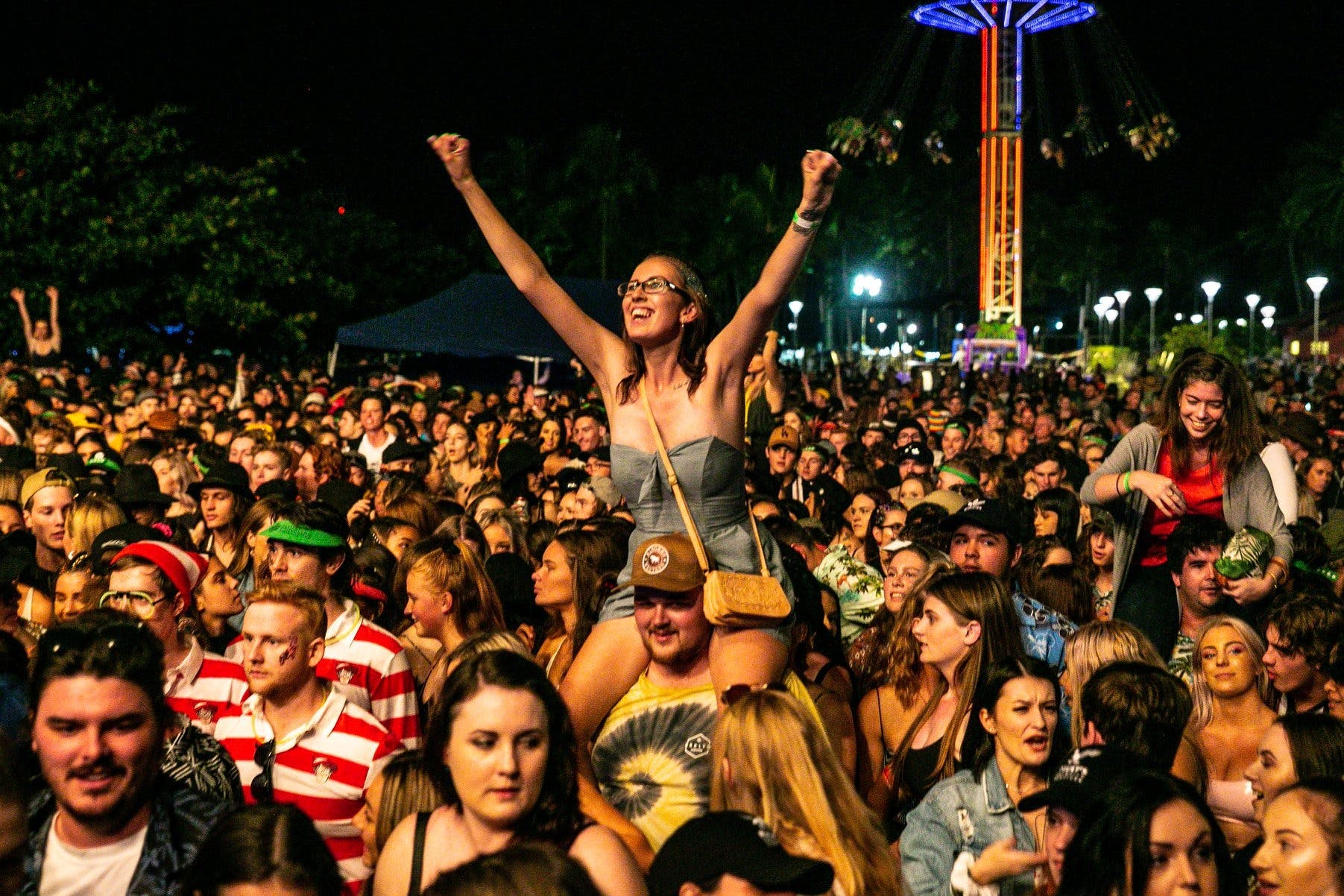
Could it be that many festival organisers are still wallowing in the glory days of the ‘80s and ‘90s and have failed to adjust to both changing public tastes and a modern demographic? Maybe the days of thousands of punters, corralled and crushed into a circus tent or outdoor arena, tramping through the mud when the heavens open and whacked out on weed are long, long gone.
Our music festivals can’t keep on blaming the economy and lobbying for government handouts if they are to survive. Do they need to scale back in size, ditch many of the heritage artists, risk breaking new talent and embark on a complete rethink devoid of the corporate mentality? Yes, bring on the rethink! And perhaps the government handouts would be better spent at the grassroots level, encouraging new bands and artists and establishing a genuine flow on effect to the actual music fests.
